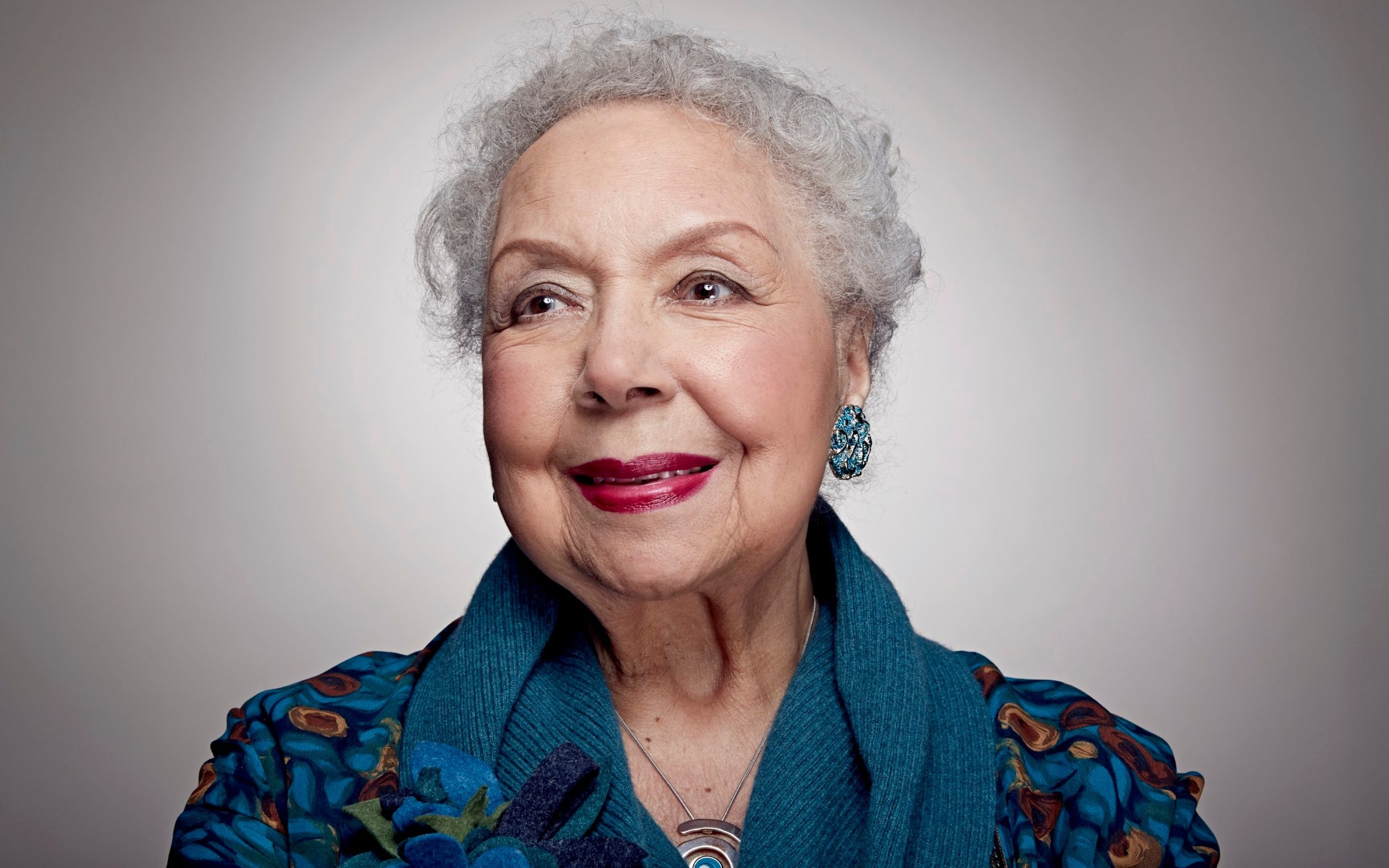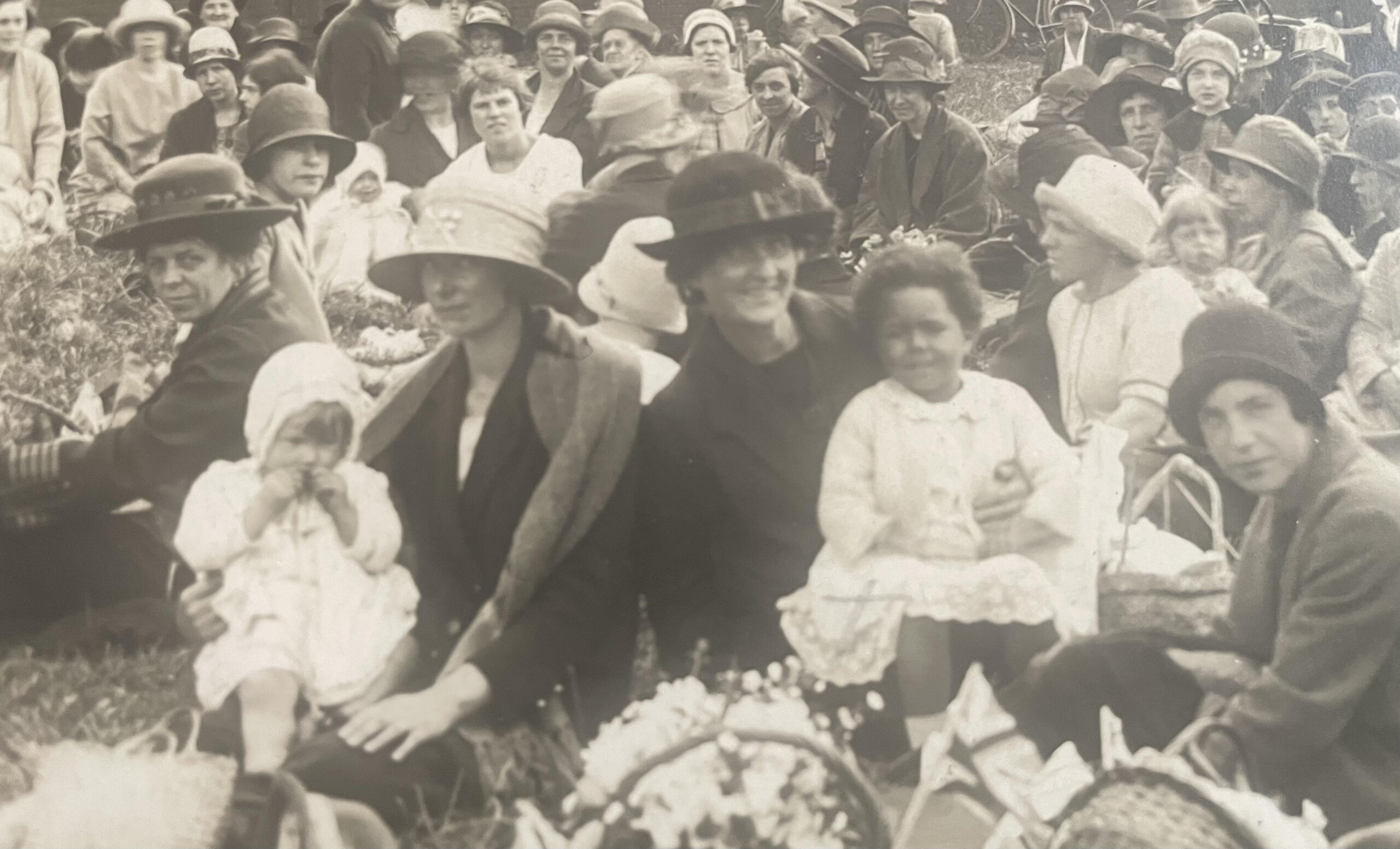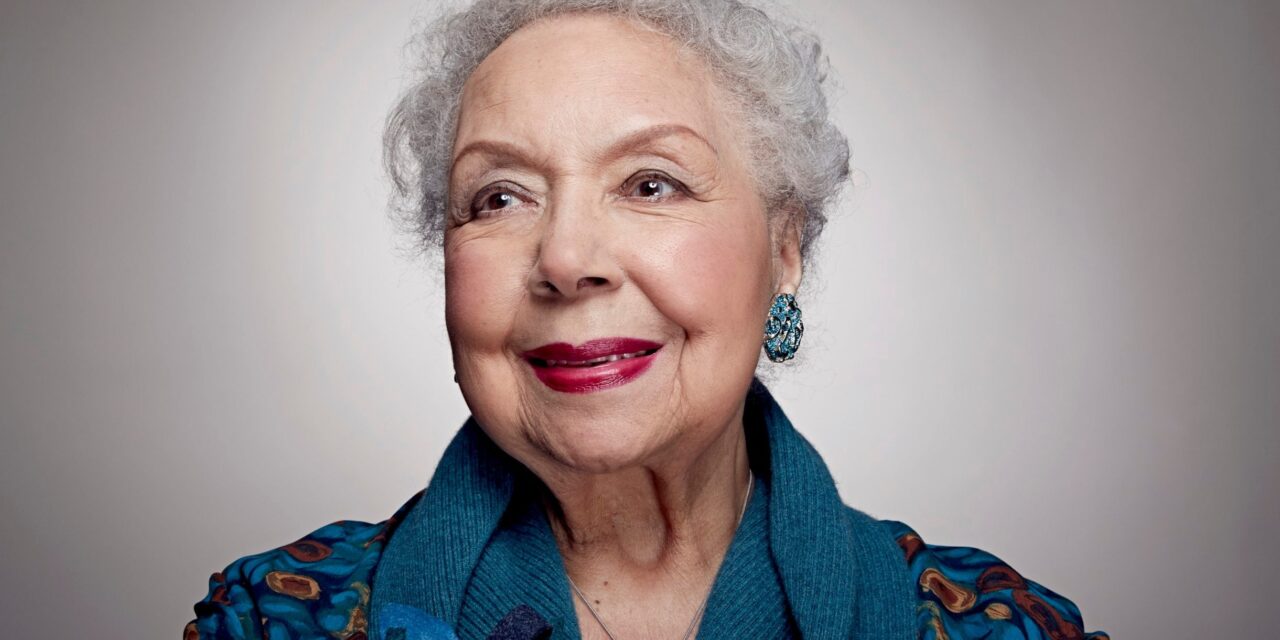October is Black History Month in the UK, a time to celebrate the significant contributions people of African and African-Caribbean heritage have made, over the centuries, to shaping the dynamic and diverse country we are today.
People like Olaudah Equiano. Formerly kidnapped, trafficked and enslaved by the British, Equiano acquired his freedom in 1766 and as a free man he travelled extensively across cities in England, Ireland, and Scotland, campaigning tirelessly against the brutality of slavery and for the cause of abolition. Olive Morris, Gerlin Bean, Stella Dadzie, women who have been at the forefront of Black feminist and community activism, co-founding organisation’s such as Brixton Black Women’s Group and OWAAD (Organisation of Women of African and Asian Descent), and challenging discrimination and inequities in social care, housing, education and policing.
And Dr Paul Stephenson, OBE, Bristol’s first Black social worker. Paul led the successful 1963 boycott of Bristol Omnibus Company, for their refusal to employ Black and Asian people in public facing driver and conductor roles. The boycott was a success, and the colour bar was revoked. Paul’s continued activism then paved the way for the Race Relations Act 1965, the first legislation in the UK to make racial discrimination unlawful in public places. From politics, to industry, arts, culture and the sciences, Black people have pioneered, challenged, and shaped our country in a myriad of wonderful ways, helping to make us who we are today.
Yet all too often their contributions are overlooked, and our shared history is whitewashed. Black History Month reminds us to decolonise and reclaim our shared history, to tell our stories truthfully even when painful, in order to build a radically different future.
At Age UK, we know Black older people are disproportionately affected by the challenges of later life. More likely to be in low paid work, to retire later without an enhanced pension or financial assets, to face health inequities and to have unsafe and insecure housing. The legacy of slavery and our colonial past, it’s impact on power and wealth distribution, and the continued existence of institutional racism, means Black people are at higher risk of poorer outcomes in later life than other ethnic groups. This must change.
At Age UK we are committed to ensuring everyone can thrive in later life. We know older people are not a monolith and one size fits all services do not meet diverse needs. We are working hard to ensure we are equipped to provide tailored, culturally competent support and advocacy services for all older people, but we are at the start of our journey and there is much for us to learn and do. As part of this process, in June this year we took an active role in campaigning for justice in relation to the Windrush Generation and the Home Office Scandal.
We wrote to the Home Secretary advocating for changes to the Windrush Compensation Scheme including the removal of its administration from the Home Office, simplification of the application process and the provision of fair and adequate levels of compensation to be made available, including in relation to pensions and loss of future earnings. Tragically, we are aware of people who have died while waiting for their claims to be assessed. We are committed to continuing to support the campaign for justice and to amplifying the voices of those directly impacted by the Home Office Windrush Scandal.
Before Windrush and Saluting Our Sisters

We know Black people have a long history in Britain dating back to the Roman times. Two key themes of this year’s Black History Month are ‘Before Windrush’ and ‘Saluting Our Sisters’. To honour both, we recently sat down with Lauretta. By the time the HMT Empire Windrush arrived at Tilbury Docks in June 1948, carrying almost 500 Black people from the Caribbean, Lauretta was already in her twenties (she turns 101 this month!)
Lauretta was born in London to a Black father from Sierra Leone and a White mother of Scottish and Welsh descent. Growing up in West London in the 1920s and 1930s, Lauretta never saw any other Black children. When her father returned to Sierra Leone, his letters kept Lauretta in touch with her African heritage. So, too, did visits to the West African Students’ Union (WASU), which Lauretta’s grandmother encouraged.

Lauretta’s grandmother also taught her the piano, starting her on the road to a career as a singer and pianist that lasted from childhood into her nineties and saw her perform for military troops and Hollywood stars alike. It’s a career that introduced her to other Black performers and friendships that lasted more than 80 years.
Lauretta doesn’t have a computer but records her memories on a tape recorder and suggests it’s vital that older Black people can share their stories for posterity, so that younger generations can appreciate and understand the efforts made by pioneering individuals for years to come. Lives as fascinating and rich as Lauretta’s should be celebrated.
So that’s what we intend to do. This Black History Month at Age UK we are celebrating women like Lauretta, and remembering the importance of amplifying the voices and needs of older people, especially those who are all too often silenced and rendered invisible. We are reflecting on our work practices and recommitting to continuing our journey to being an anti-racist organisation in practice.





